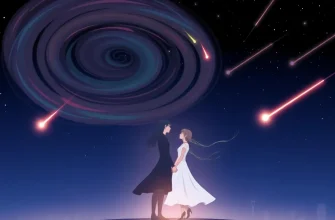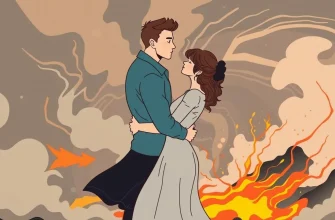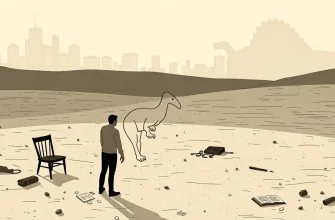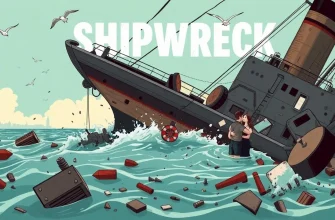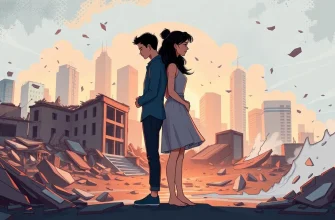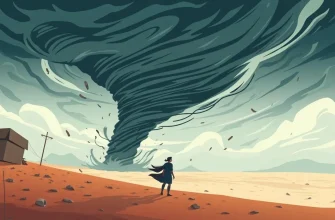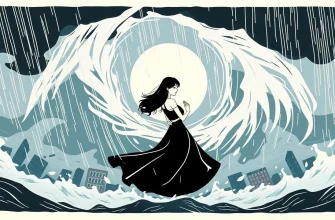The atomic bomb has always been a symbol of fear and destruction, but what happens when love and human emotions collide with this ultimate weapon? This curated list of melodramatic films delves into the heart-wrenching stories set against the backdrop of nuclear tension, offering viewers a unique blend of romance, drama, and the ever-looming threat of annihilation. Each film in this collection not only explores the complexities of human relationships but also reflects on the profound impact of nuclear weapons on society and personal lives.
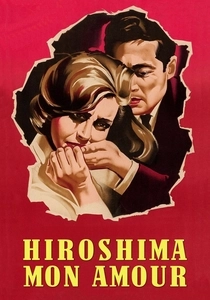
Hiroshima Mon Amour (1959)
Description: This French-Japanese film intertwines a love story with the aftermath of the atomic bombing of Hiroshima, exploring themes of memory, loss, and reconciliation.
Fact: The film was banned in Japan for several years due to its sensitive subject matter. It was also one of the first films to openly discuss the Hiroshima bombing.
 Watch Now
Watch Now 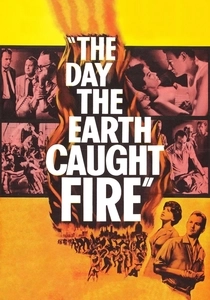
The Day the Earth Caught Fire (1961)
Description: This British film combines science fiction with melodrama, focusing on the personal lives of journalists as they report on nuclear tests that threaten the planet.
Fact: The film uses innovative techniques to show the Earth's tilt, creating a sense of impending doom.
 Watch Now
Watch Now 
Threads (1984)
Description: This British television drama explores the effects of nuclear war on two families, with a focus on the love story between two young people before and after the bomb.
Fact: It's known for its realistic depiction of nuclear war's aftermath, making it one of the most harrowing films on the subject.
 Watch Now
Watch Now 
When the Wind Blows (1986)
Description: An animated film about an elderly couple preparing for and surviving a nuclear attack, showcasing their love and naivety in the face of global catastrophe.
Fact: The film features music by David Bowie and Roger Waters, adding to its poignant atmosphere.
 Watch Now
Watch Now 
The Sacrifice (1986)
Description: Directed by Andrei Tarkovsky, this film intertwines a philosophical exploration of nuclear war with a deeply personal story of love and sacrifice.
Fact: It was Tarkovsky's last film, completed while he was terminally ill, adding a layer of profound introspection.
 Watch Now
Watch Now 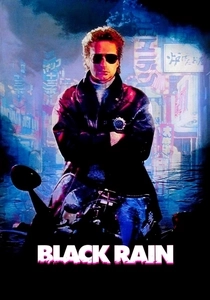
Black Rain (1989)
Description: Set in post-war Hiroshima, this film follows a family dealing with the aftermath of the atomic bomb, focusing on the love and resilience of its characters amidst tragedy.
Fact: The film was based on a novel by Masuji Ibuse, which was inspired by real-life accounts of survivors.
 Watch Now
Watch Now 
On the Beach (1959)
Description: Set in a post-apocalyptic world after a nuclear war, this film explores the last days of humanity, with a focus on love, hope, and the human spirit.
Fact: It was one of the first films to deal with the aftermath of nuclear war, influencing public perception of the Cold War era.
 30 Days Free
30 Days Free 
The War Game (1965)
Description: Although more of a docudrama, it includes elements of melodrama with its portrayal of the human cost of nuclear war, including the emotional devastation on families.
Fact: The film was initially banned by the BBC for being too disturbing, but it later won an Academy Award for Best Documentary Feature.
 30 Days Free
30 Days Free 
The Day After (1983)
Description: While primarily a drama about nuclear war, this TV movie includes a subplot of a love story between two characters, highlighting the fragility of human connections in the face of global catastrophe.
Fact: It was one of the most-watched television events of all time, sparking widespread public debate about nuclear war.
 30 Days Free
30 Days Free 
Barefoot Gen (1983)
Description: This animated film tells the story of a young boy surviving the Hiroshima bombing, with themes of family love and resilience in the face of nuclear disaster.
Fact: It was one of the first anime films to deal with the atomic bombings, offering a child's perspective on the tragedy.
 30 Days Free
30 Days Free 

